In a startling revelation, Manuel Rocha, a former high-ranking diplomat of the United States, has agreed to plead guilty to charges that he secretly acted on behalf of the Cuban government for decades. This case, quickly progressing toward resolution, marks a significant moment in U.S. diplomatic history, shedding light on what is being called an unparalleled act of duplicity.
Guilty Plea Entered

Rocha, 73, appeared before a federal judge, indicating his willingness to plead guilty to two counts of conspiring to act as an agent of a foreign government. These charges suggest a severe breach of trust, with potential prison sentences ranging from 5 to 10 years for each count.
Plea Agreement
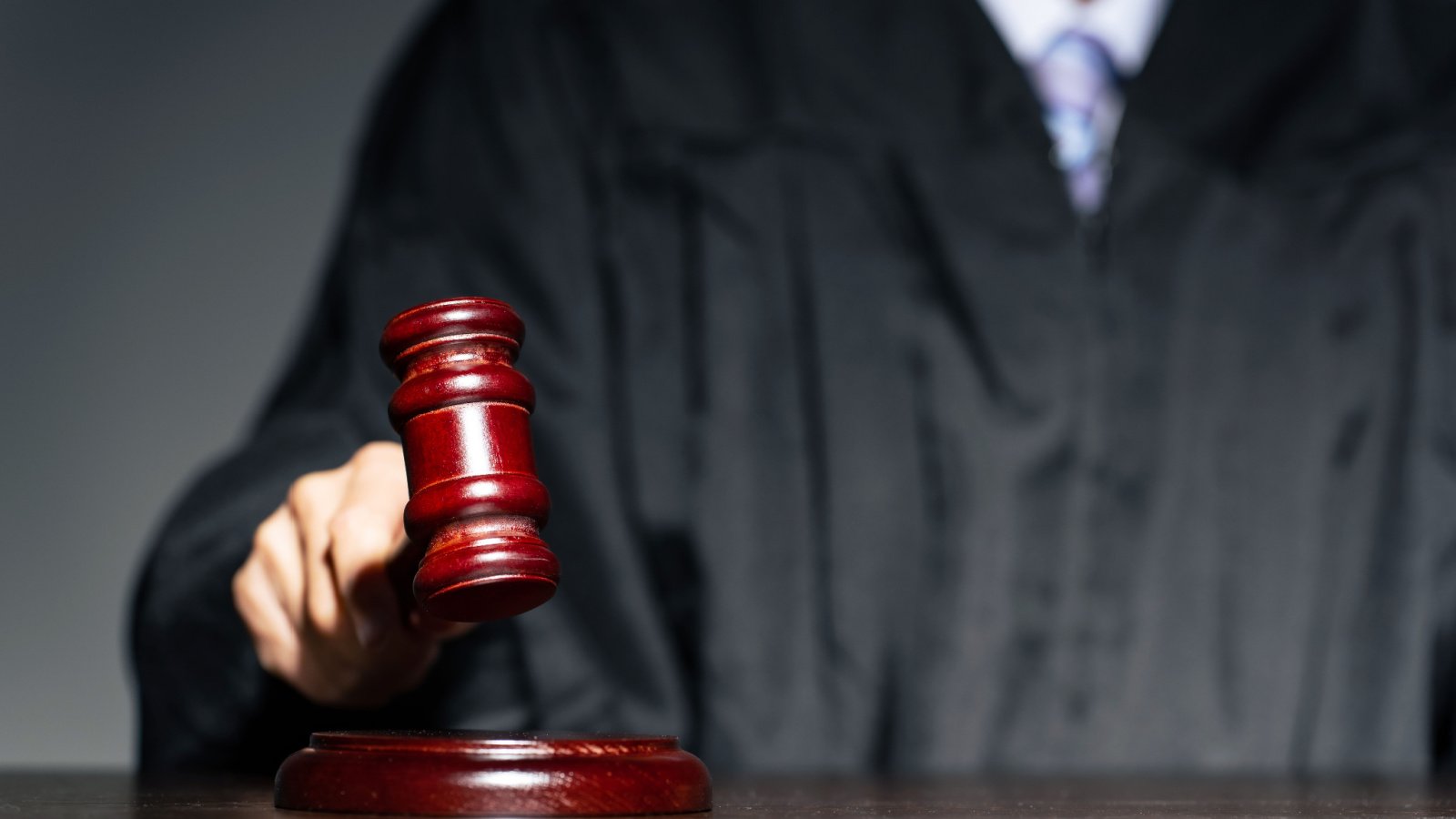
In a plea bargain, the prosecution has agreed to drop 13 other charges against Rocha, which include allegations of wire fraud and making false statements. This decision streamlines the case, focusing on the most grievous accusations of espionage.
Confidential Sentencing
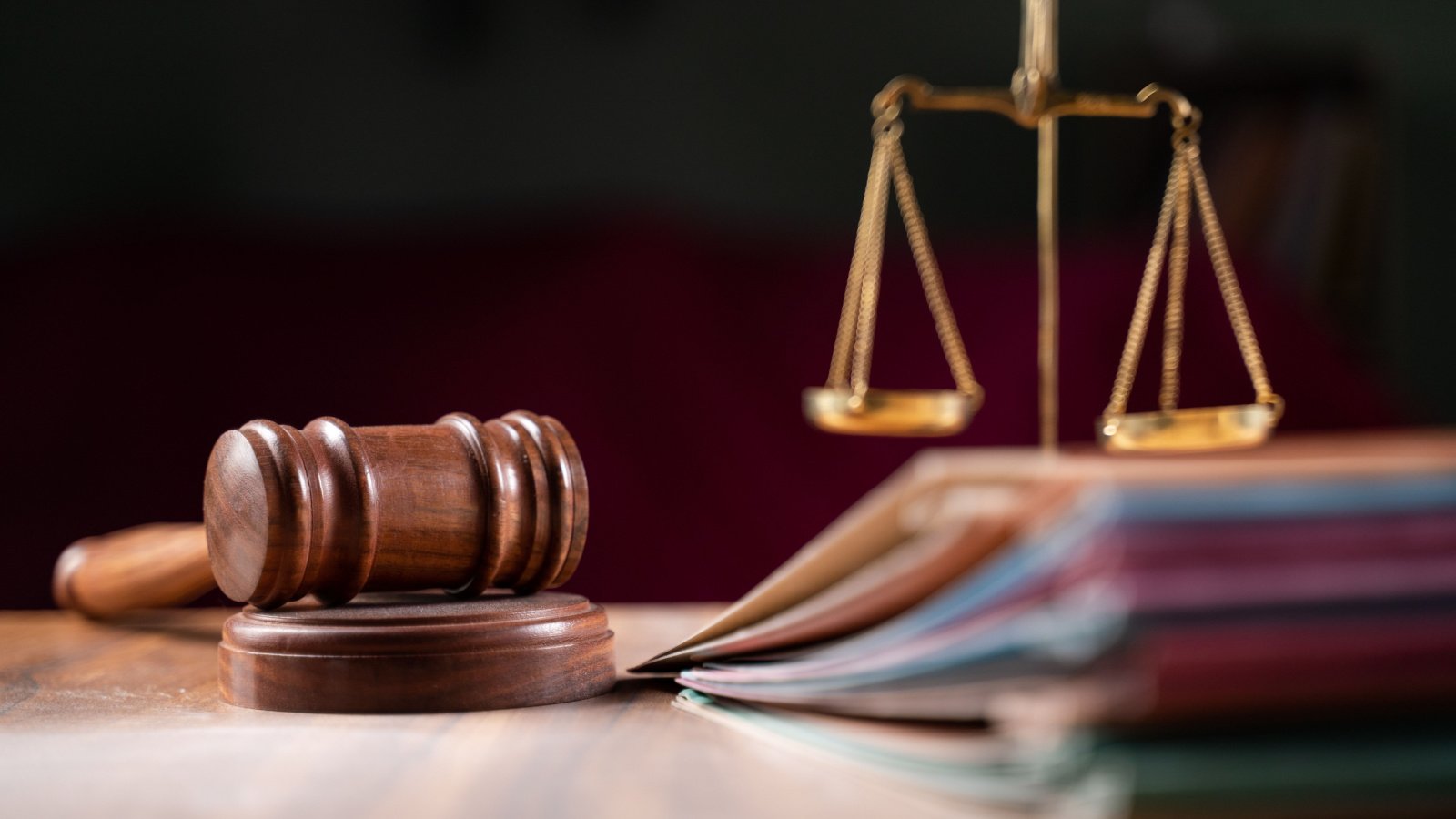
The specifics of Rocha’s sentencing agreement with prosecutors were not disclosed during the court proceedings. However, a sentencing hearing has been scheduled for April 12, where the final penalties will likely be announced.
Rocha’s Court Appearance
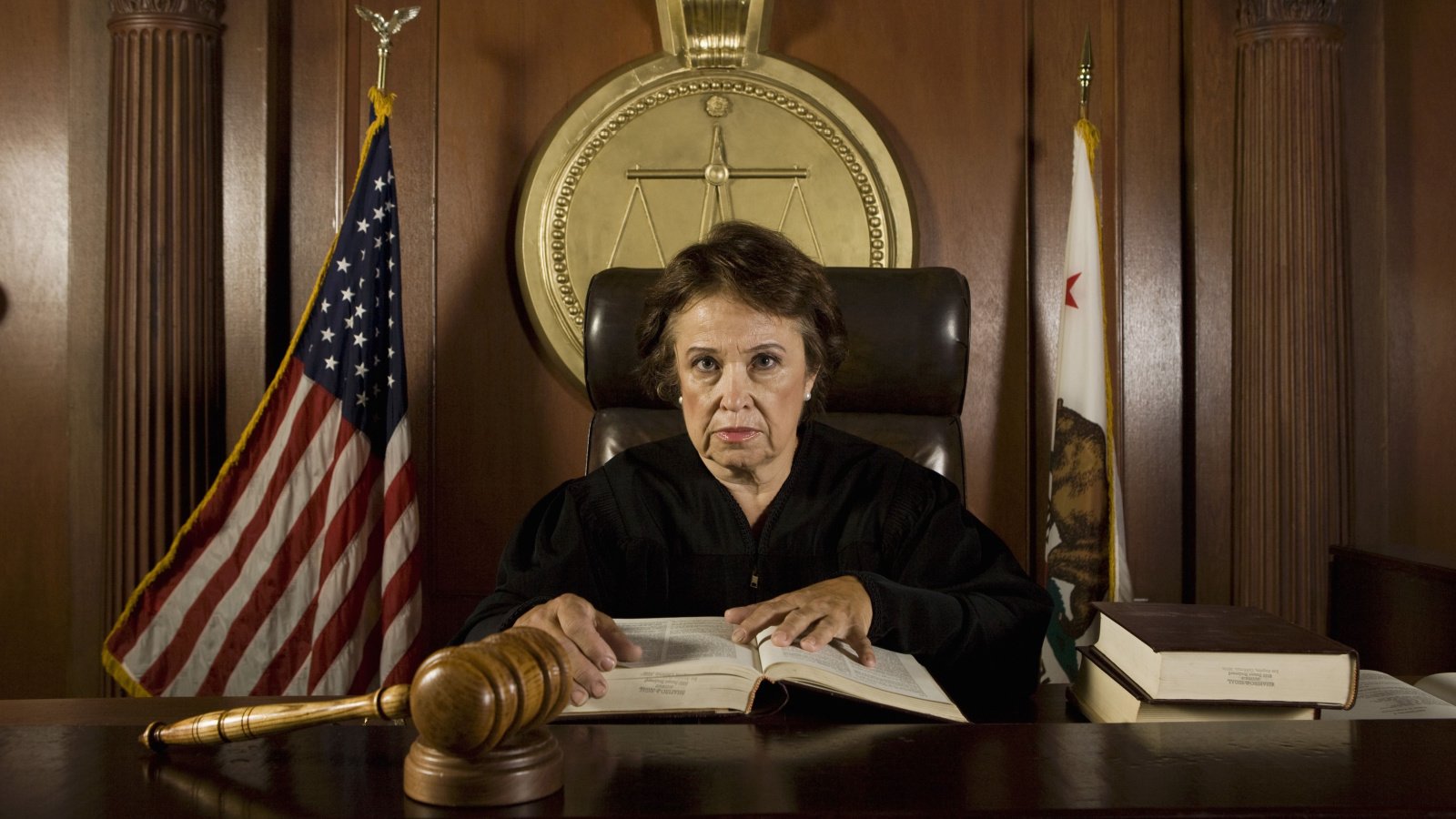
During his court appearance, Rocha, restrained by shackles, confirmed his decision to change his plea to guilty. This moment was a significant turn in a case that has captured the attention of the public and media alike.
Arrest and Charges
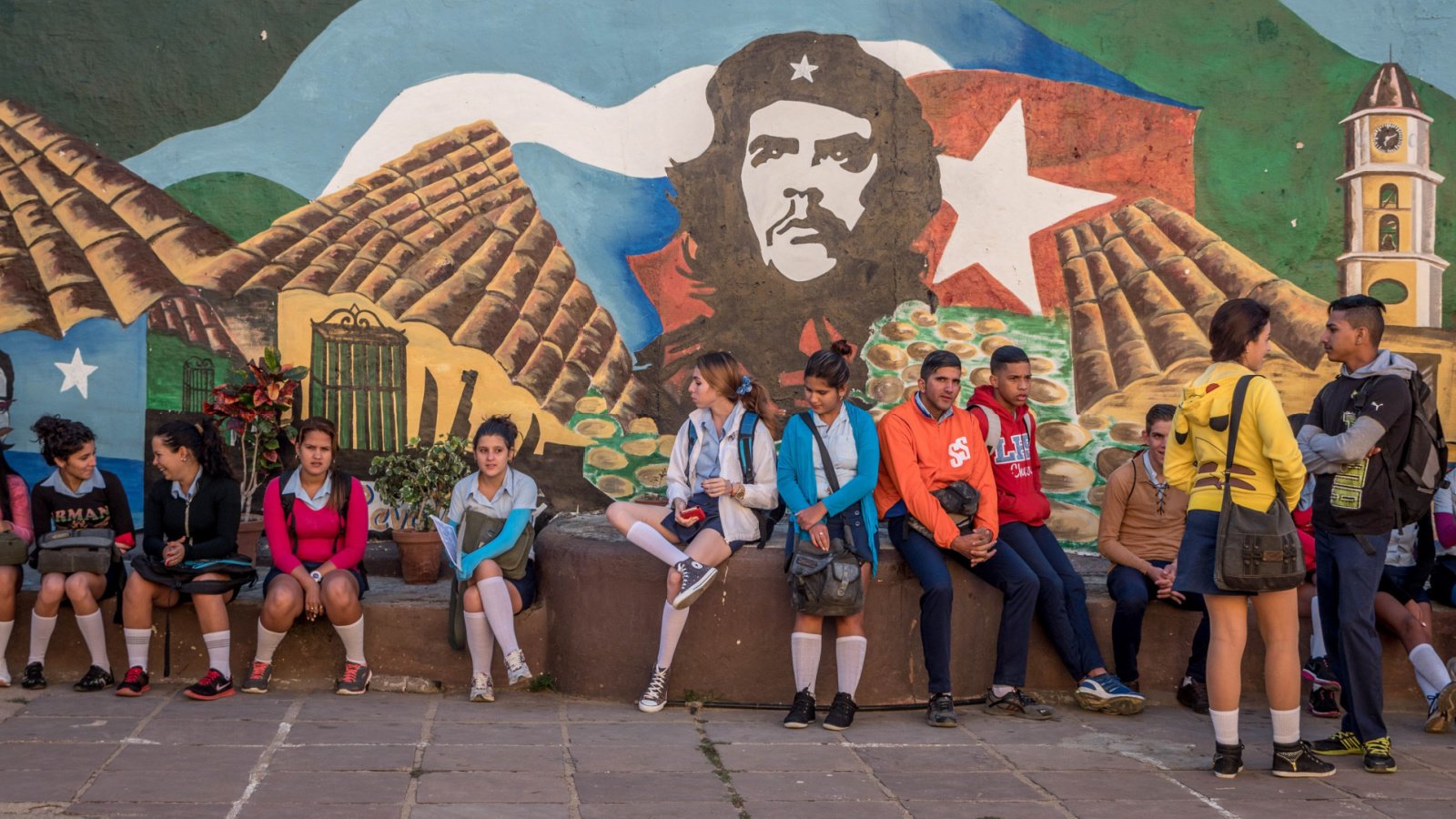
Rocha was arrested in December at his home in Miami by the FBI. He faces accusations of engaging in covert operations for Cuba since the early stages of his diplomatic career in 1981, including interactions with Cuban intelligence operatives and deceit towards U.S. officials.
Espionage Activities

The allegations against Rocha include a long-spanning espionage career, starting from his initial engagement in the U.S. foreign service and extending through various international postings. His roles have taken him across the globe, including significant periods in Argentina, Bolivia, Mexico, and Havana.
Post-Government Career

Following his tenure with the State Department, Rocha embarked on a lucrative career outside of government service. His later roles included serving as a special adviser, further diversifying his professional portfolio beyond diplomacy.
The Case’s Basis

Central to the prosecution’s case are Rocha’s own admissions, recorded secretly during interactions with an FBI agent posing as a Cuban intelligence officer. These recordings provide a direct insight into Rocha’s activities and intentions.
Praise for Castro

In his conversations with the undercover agent, Rocha expressed admiration for Fidel Castro, referring to him as “Comandante” and labeling the United States as the “enemy.” These statements underscore the ideological motivations behind Rocha’s actions.
Boasting of Espionage
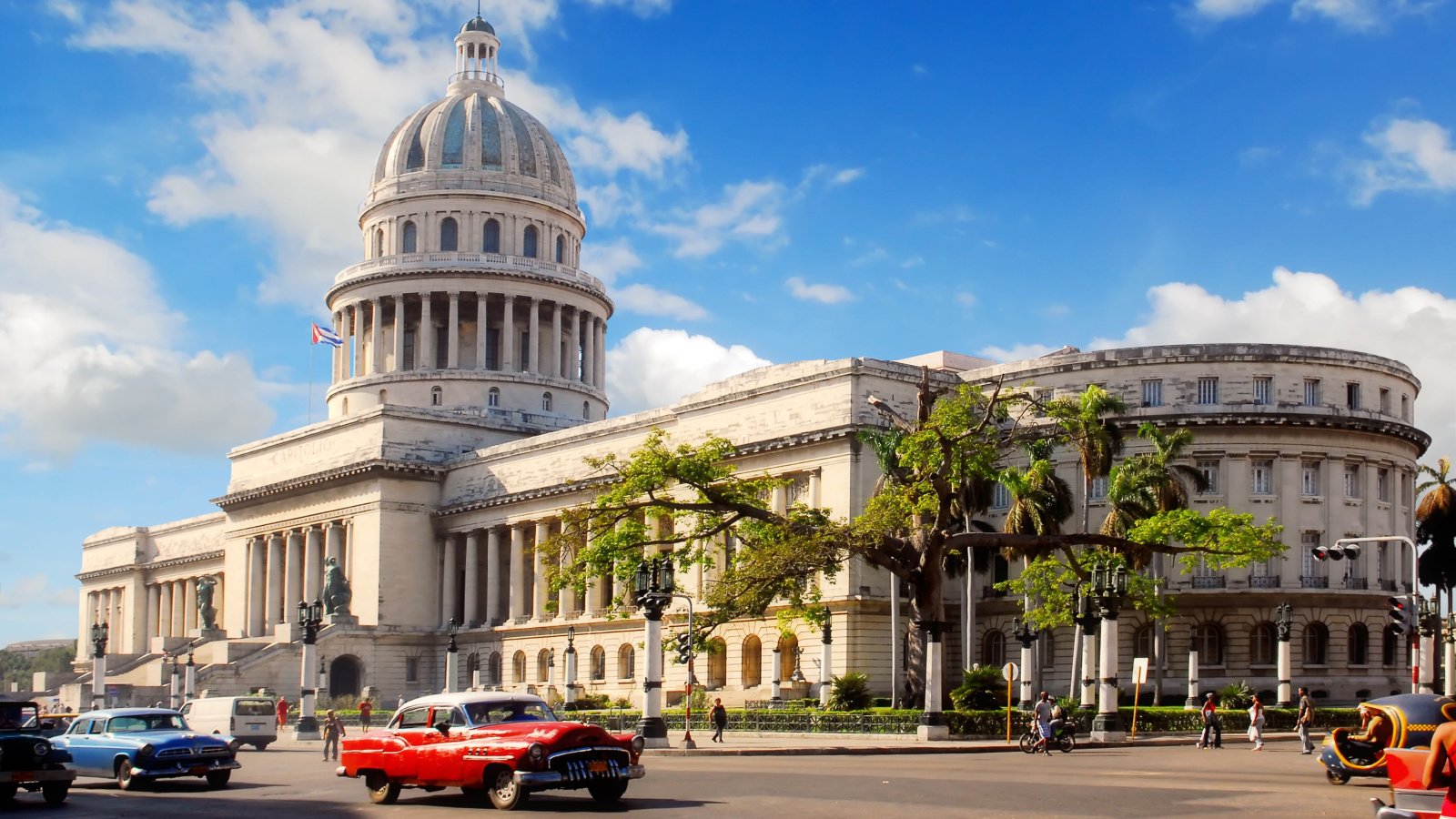
Rocha boasted about his role as a Cuban mole within the U.S. foreign service, describing his espionage achievements as significant, likening them to a “Grand Slam” in baseball terms. This reveals the extent of Rocha’s perceived impact on behalf of Cuba.
Legal Aftermath
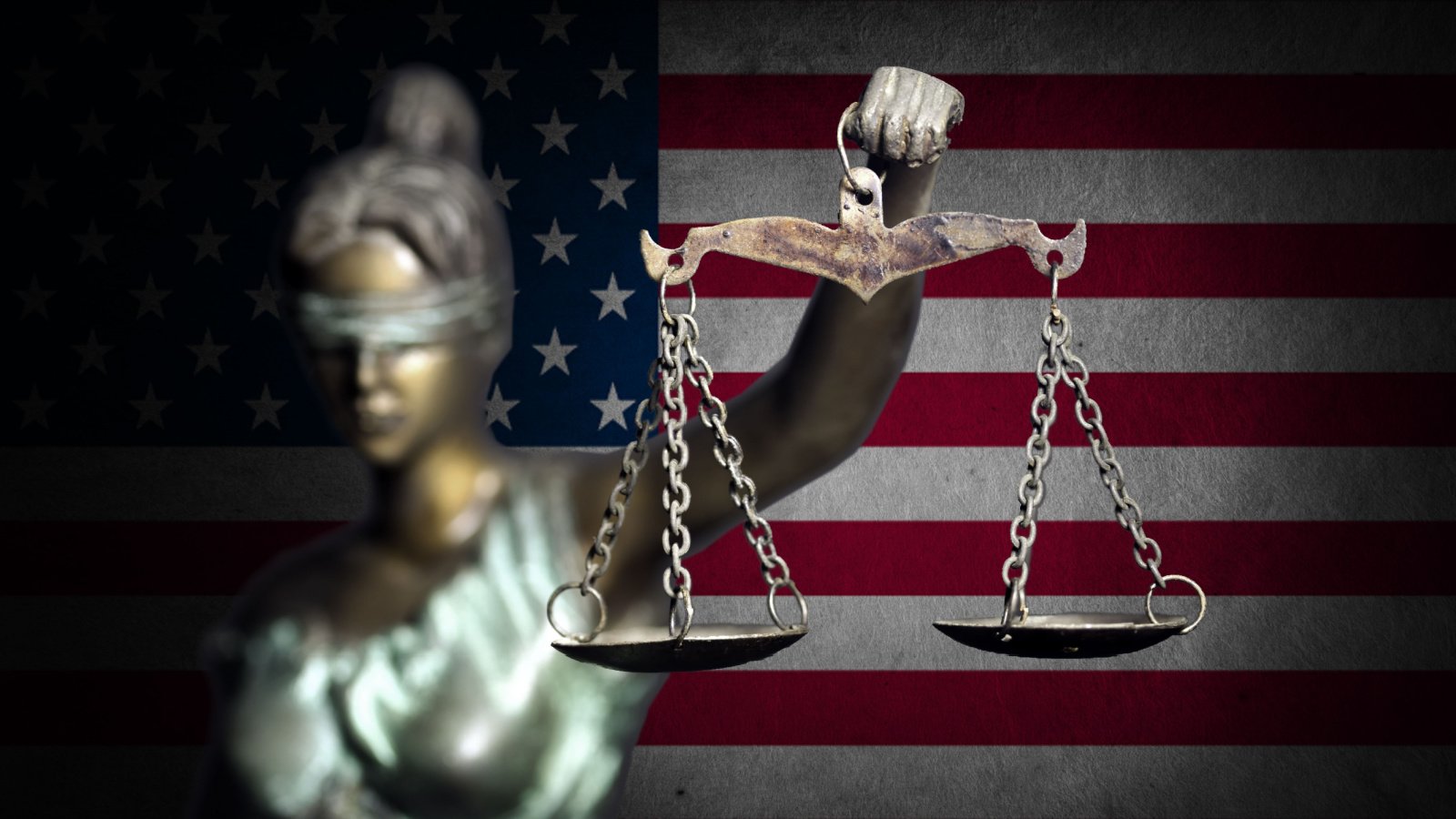
The legal proceedings against Rocha have moved swiftly towards a resolution, with his guilty plea marking a critical juncture in the case. The forthcoming sentencing hearing will provide closure on the legal penalties Rocha will face.
Widow’s Lawsuit
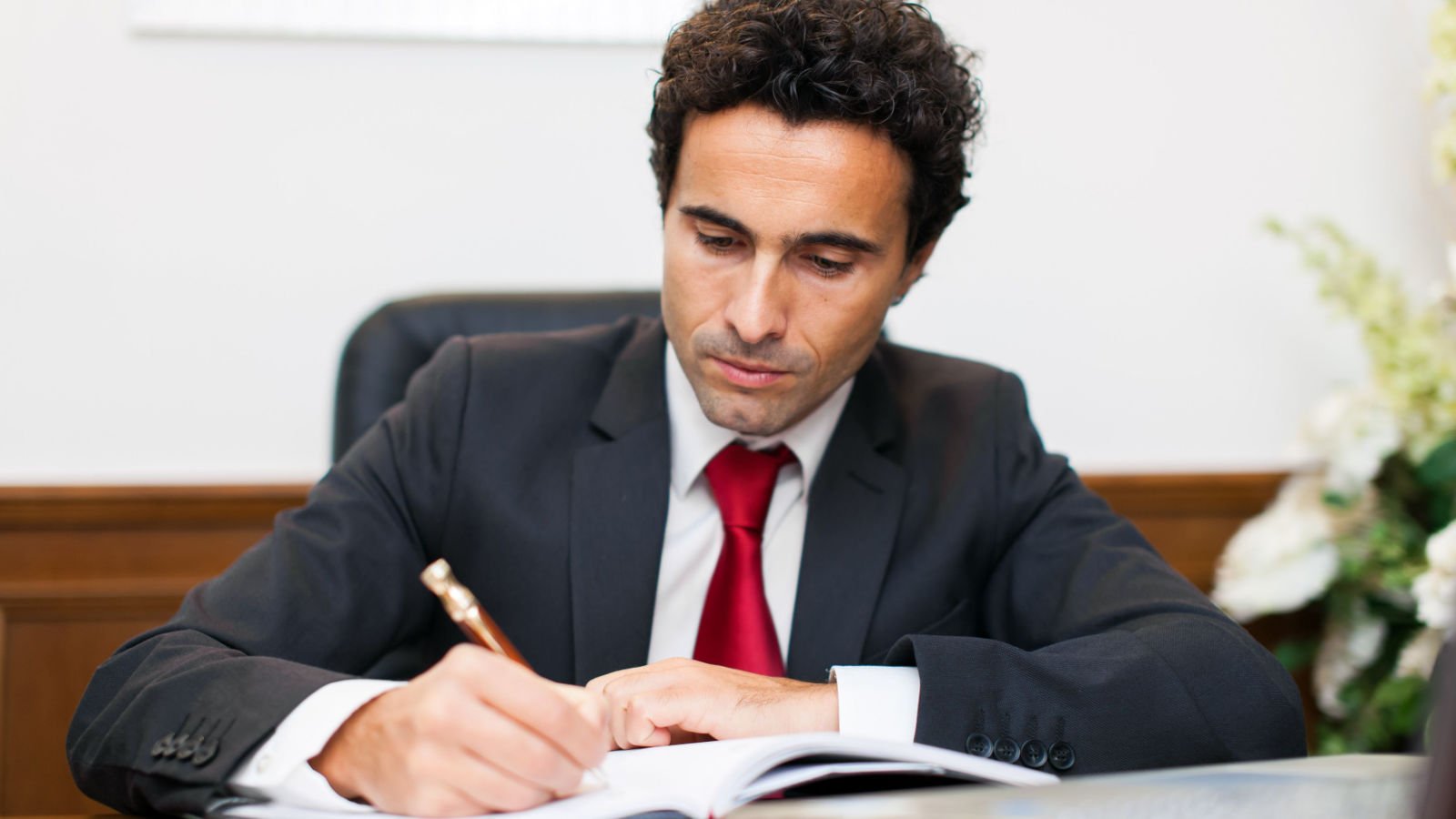
Adding to Rocha’s challenges, the widow of a prominent Cuban dissident, who died under mysterious circumstances, has filed a wrongful death lawsuit against him. This lawsuit accuses Rocha of sharing intelligence that emboldened Cuban authorities to target and eliminate a key opposition figure.
Unprecedented Espionage Case

As the case against Rocha unfolds, it stands as a stark reminder of the threats posed by espionage within the ranks of U.S. diplomacy. The resolution of this case will not only determine Rocha’s fate but also serve as a cautionary tale for future generations of diplomats.



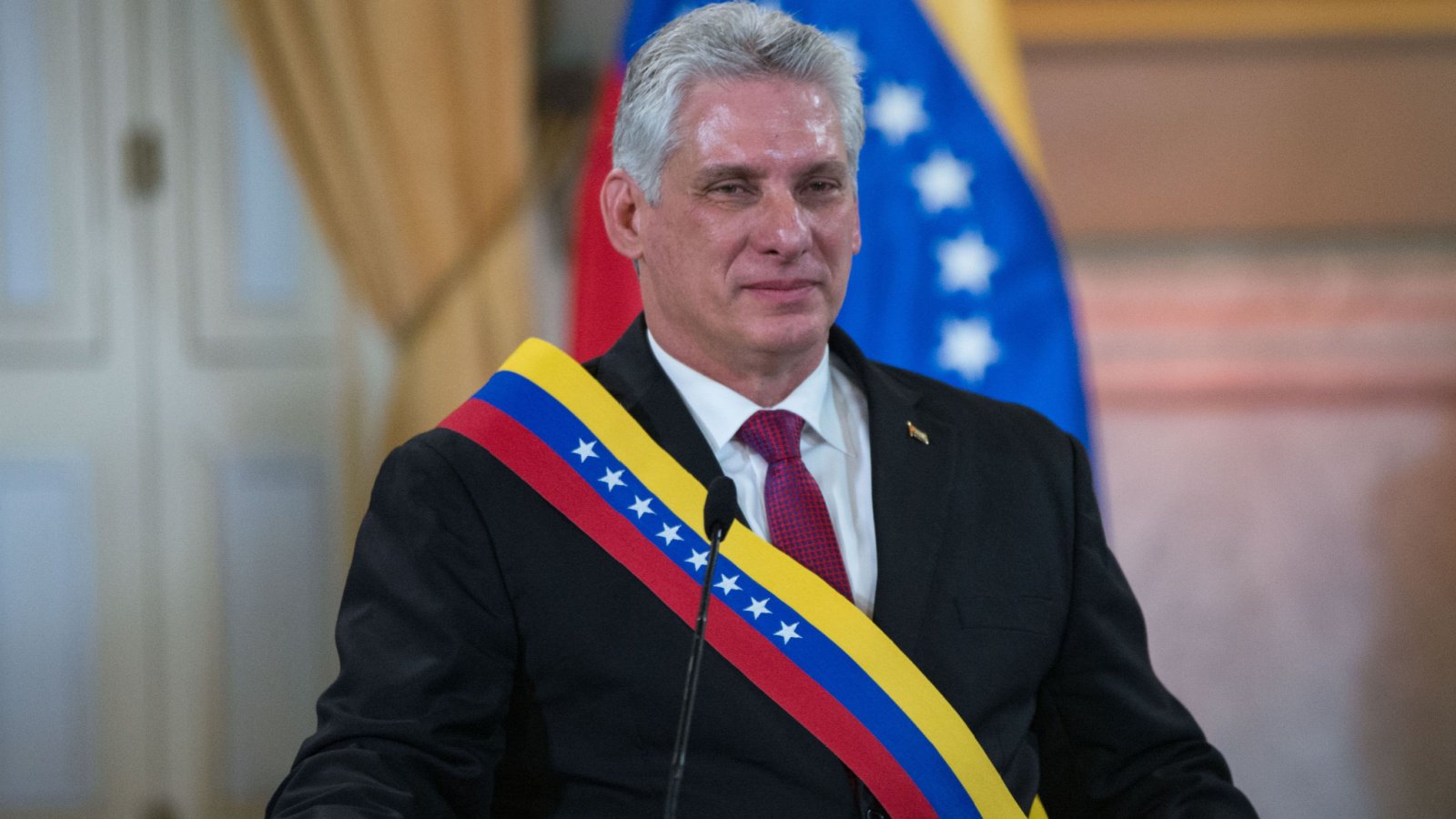
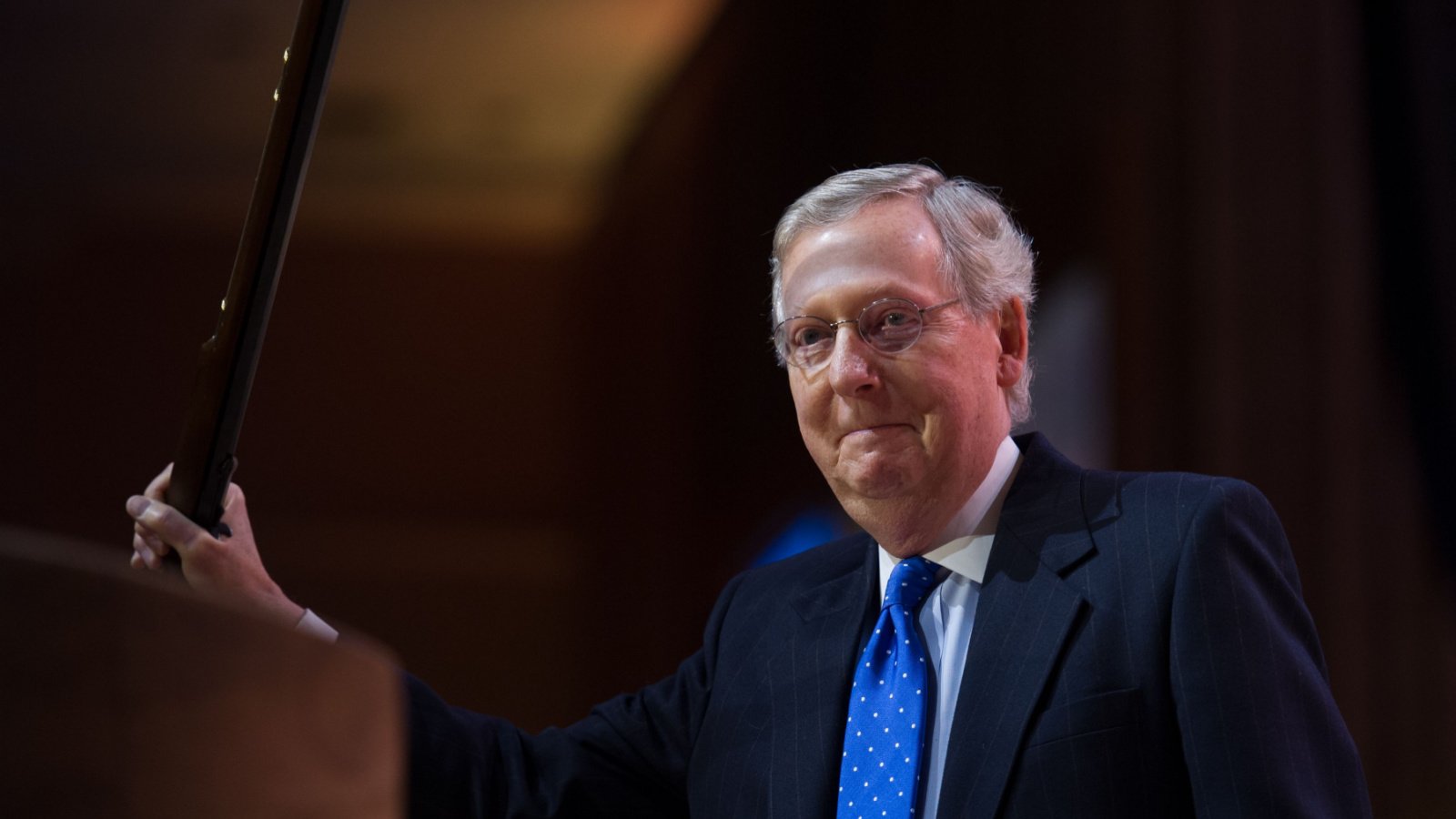
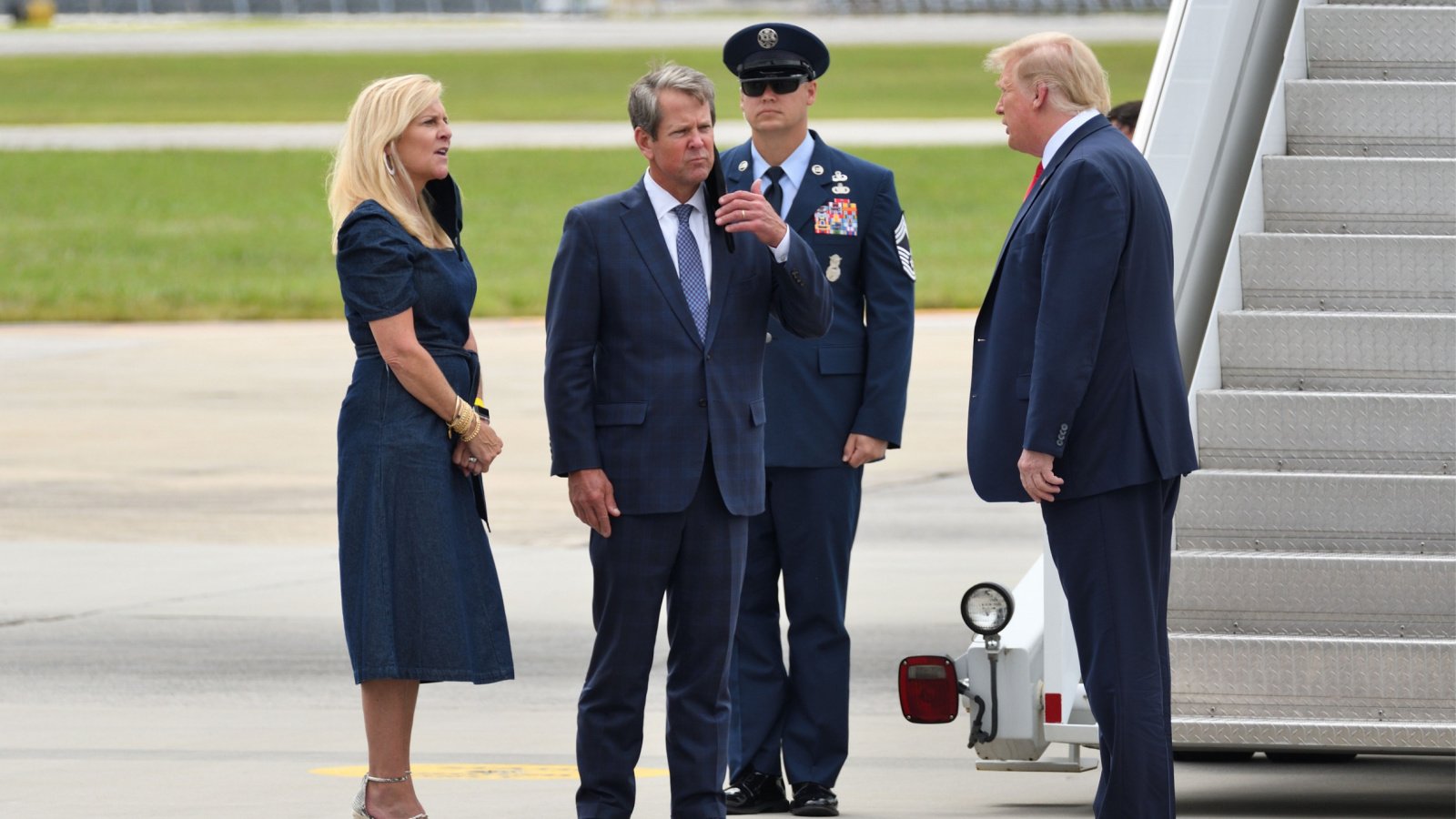

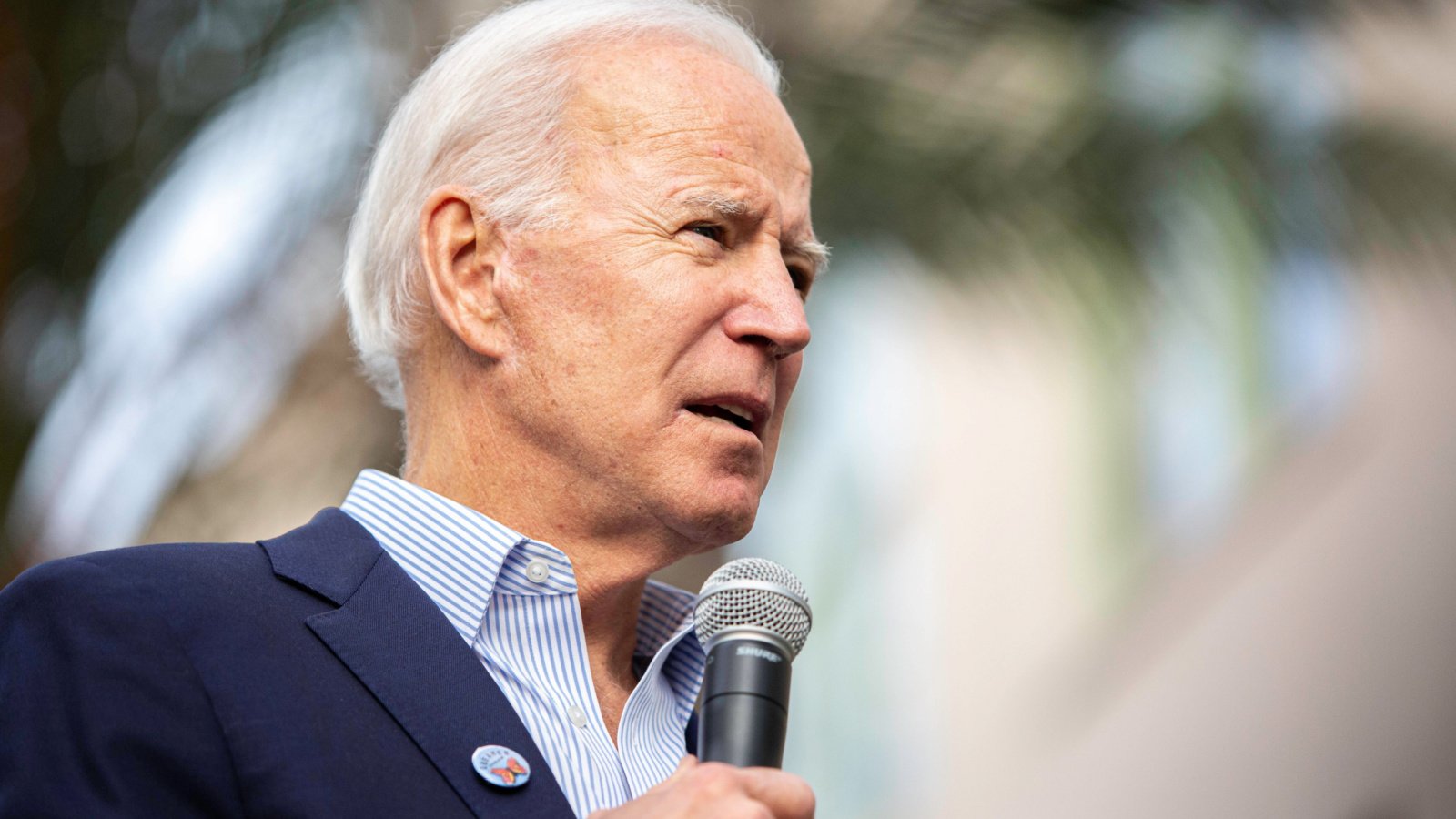
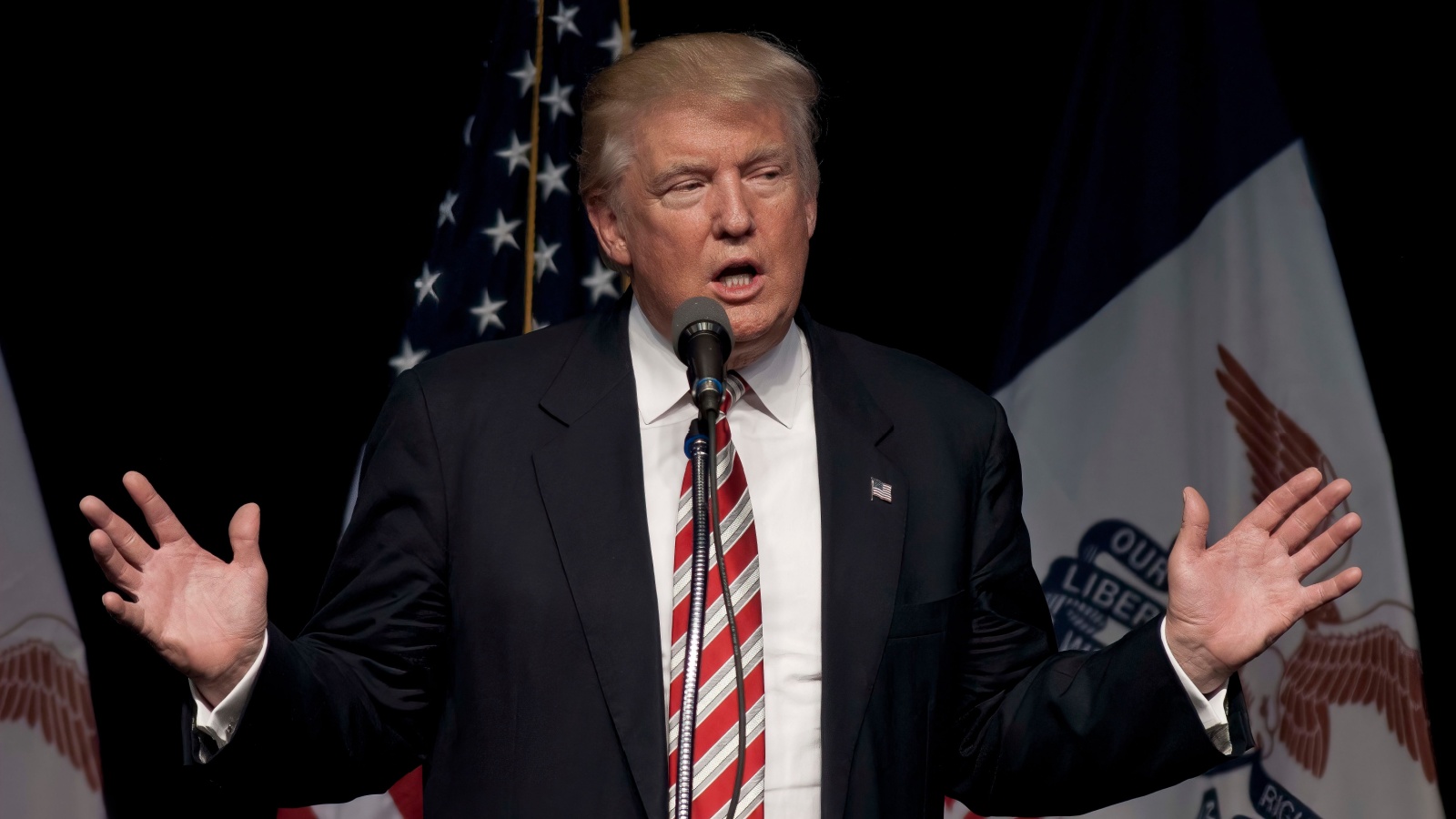
Setzen Sie nur auf eine Farbe, gerade/ungerade oder die untere/obere
Hälfte der Zahlen; erhalten Sie einen Gewinn in der Höhe Ihres Einsatzes.
Roulette kann im Casino Wien in drei verschiedenen Varianten gespielt werden. Aufgrund
der strengen Glücksspiel-Gesetze gibt es zur Zeit nur ein eigentliches Casino Wien.
Unter anderem werden bekannte Bollywood Stars wie
Swunderino 50 euro bonusanjay Dutt, Amisha Patel und Shamita
Shetty auftreten. 0)Auf der Reise werden zahlreiche Attraktionen und Shows die
Gäste, die aus aller Welt anreisten, unterhalten. Das Big Daddy Casino,
das vom 72 Meter langen und 24 Meter breiten Schiff MV Lucky Seven beherbergt wird, soll
laut den Betreibern die größte Offshore Glücksspiel-Location in Asien sein. Calvin casino bonus code Spielbank schweigtDer Betreiber der Spielbank Bad Homburg, die François-Blanc Spielbank GmbH (FBS), äußerste sich zunächst nicht zu den Vorkommnissen. Casino aachen poker com/O12)Bei dem nun in Untersuchungshaft befindlichen Mann soll es sich um einen kaufmännischen Mitarbeiter der Spielbank handeln.
Außerdem können Sie das französische Spiel mit Einsätzen ab 5 € spielen. Zusätzlich zu
den täglichen Cash Game Angeboten finden in unseren österreichischen Casinos auch laufend vielfältige Poker Turniere statt.
An einem sogenannten „Just 4 Fun Tisch“ werden mögliche Szenarien von Roulette, Black Jack und vielem mehr durchgespielt
und ausführlich erklärt.
References:
https://online-spielhallen.de/legiano-casino-bewertung-ausfuhrlicher-testbericht-eines-erfahrenen-spielers/
It has a dedicated app available for both iOS and
Android devices, offering the same games and bonuses available on the desktop version. They come in various
themes and formats, including 3-reel classics, 5-reel video
pokies, and progressive jackpots where players can win massive prizes.
The casino processes transactions in AUD, which allows players
to avoid currency conversion fees. Enjoy AUD 10,000 + 180 Free Spins in bonuses, fast payouts, and
an incredible range of games. Home to a vibrant collection of
games, every player will find something suited to their preferences.
Each moment logged in presents new opportunities, fresh gaming experiences,
and chances to maximize rewards through our well-curated suite of promotions and plentiful pokies.
The casino is tailored to Australian laws and preferences, focusing heavily on pokies (slots), which are
immensely popular in the country. Royal Reels was
established to provide a world-class gaming platform with a focus on fair play, security, and entertainment.
To resolve, reload your browser or reach out through the live
chat support on Royalreels.com. Royal Reels accepts Visa,
MasterCard, cryptocurrency options like Bitcoin, and traditional bank transfers to
facilitate both deposits and withdrawals. Playing pokies is the most effective way as they contribute 100% to bonus progress.
Specific games may contribute differently, so reviewing terms per promotion is recommended.
References:
https://blackcoin.co/hotel-cecil-casino-in-depth-review/
The responsiveness and professionalism of LevelUp’s support make it one of the most reliable customer
service teams in the market. With intuitive usability and responsive design, LevelUp truly
stands out as a user-friendly casino site.
The design is dark-themed with vivid accents, giving it
a premium gaming feel. The official LevelUp Casino website combines
a stylish design, fast navigation, and a massive game collection from the world’s leading
software providers. Whether you’ve forgotten passwords or
face technical difficulties accessing your account, we provide quick solutions.
Our processing times range from instant deposits to withdrawals completed within 1-5 hours.
Most deposit and withdrawal methods at LevelUp Casino are fee-free.
LevelUp Casino offers a compelling package for Australian players in 2025.
The quality and variety of games at LevelUp Casino are a direct result of its partnerships with some of the most reputable
and innovative game providers in the industry.
References:
https://blackcoin.co/mr-o-the-best-crypto-casino/
casino online paypal
References:
carrieresecurite.fr
paypal casinos online that accept
References:
https://arlogjobs.org/
WhatsApp web’ https://www.ws-jrb-whatsapp.com WhatsApp Web lets you send voice messages from your computer. . Date: 2026-01-14 00:45:19 (-03).
Awesome post! Join the fun at https://www.web-esk-whats-app.com WhatsApp 網頁版的多窗口功能,提昇信息處理效率。 . Date: 2026-01-14 16:26:21 (-03).